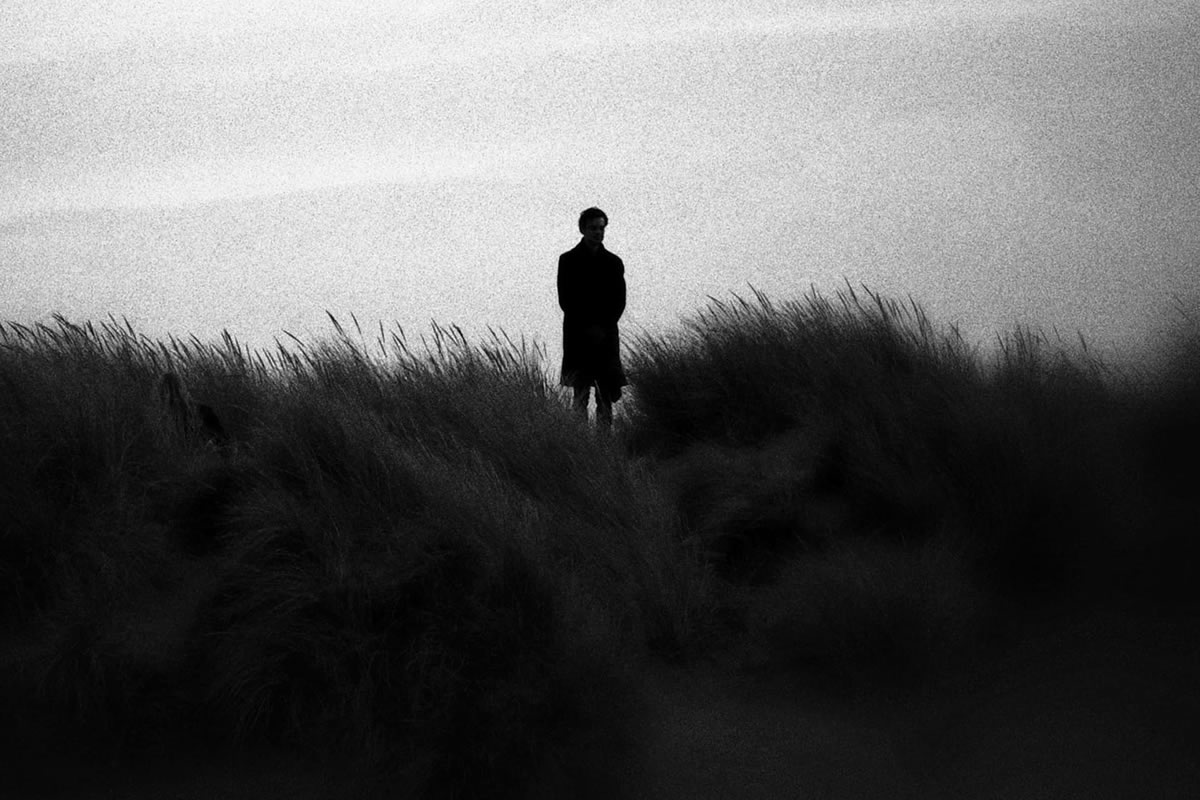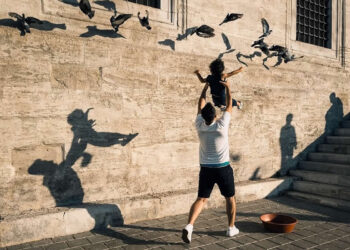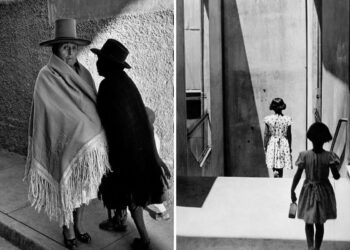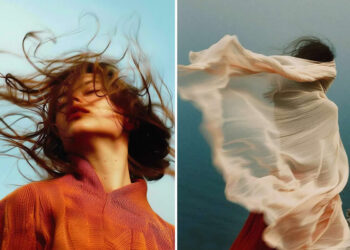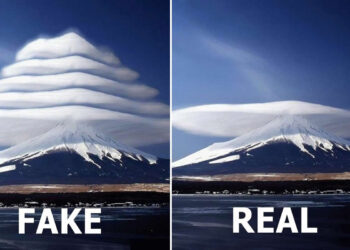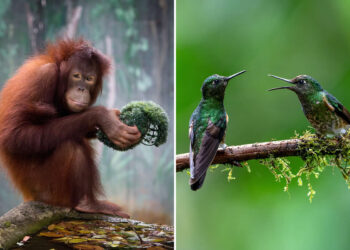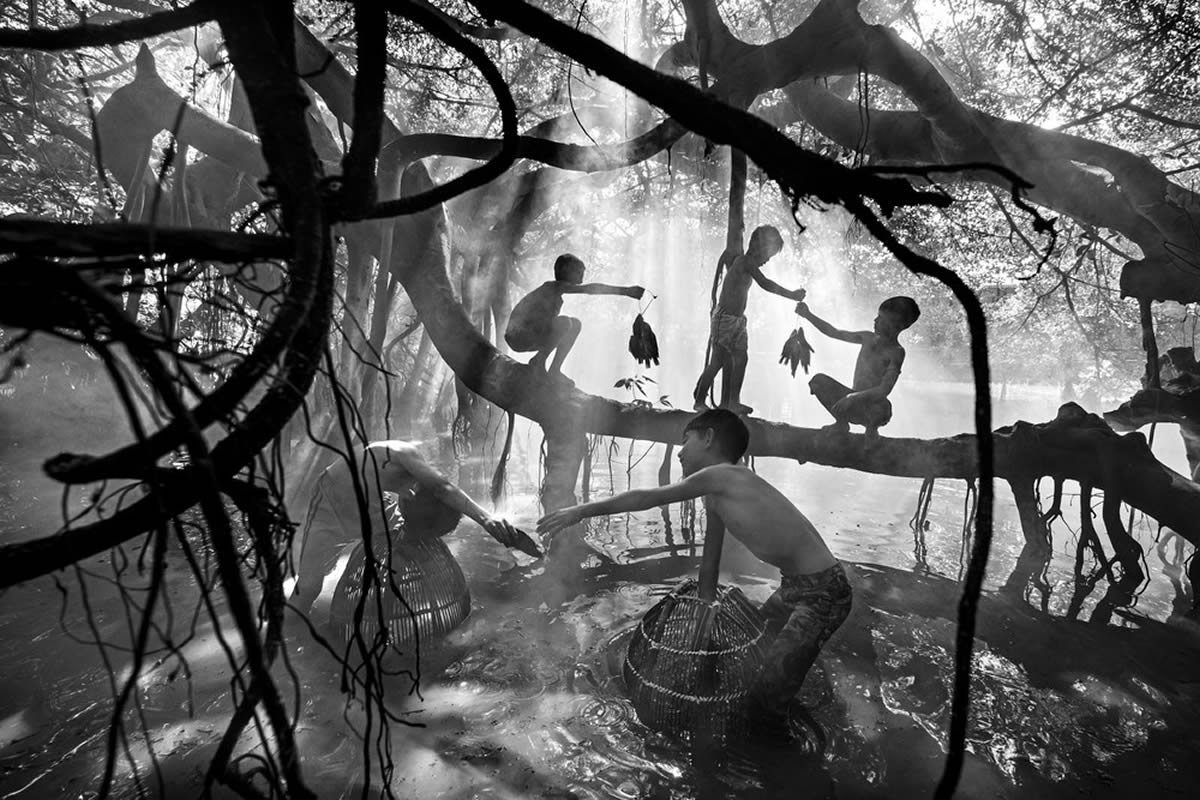Taras Bychko’s ongoing photography project Incognito (2014-2024) offers a fascinating journey into the world of street photography where identity is deliberately obscured, and mystery thrives. Through a series of black and white portraits, Bychko has crafted a visual narrative that invites the viewer into a realm where faces remain unseen, yet stories unfold with intense emotional depth.
In this collection, anonymity becomes the focal point, evoking curiosity and contemplation, as the characters captured on the streets are elusive, always hidden in shadow or blurred by perspective.
#1
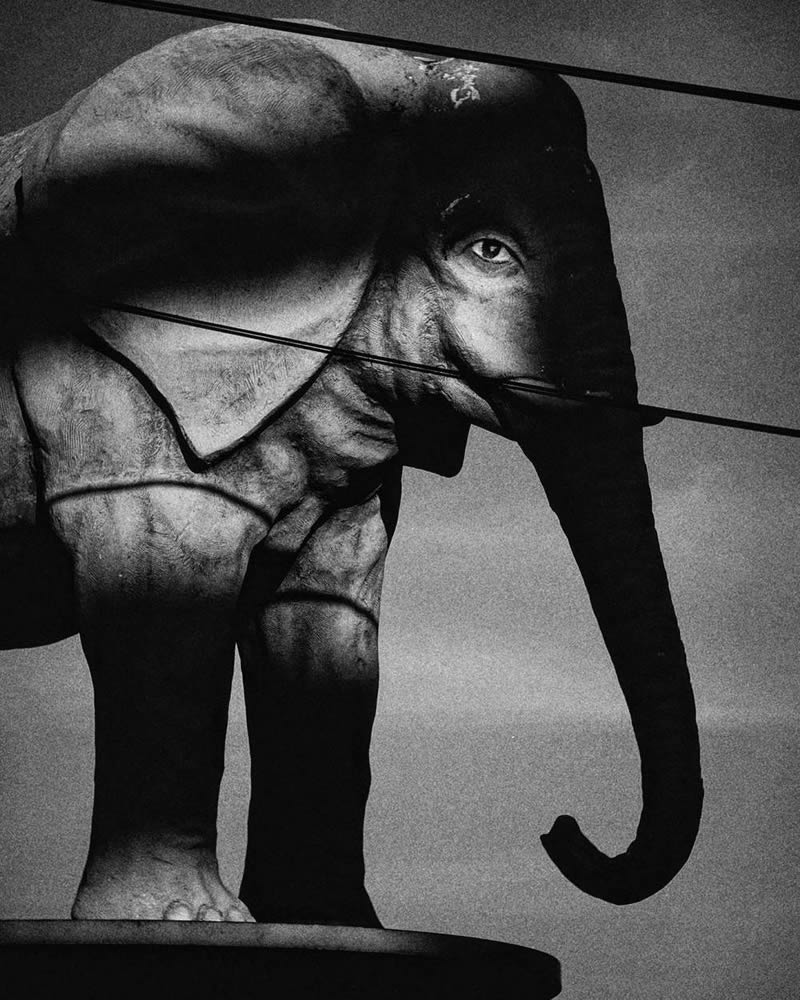
#2

#3
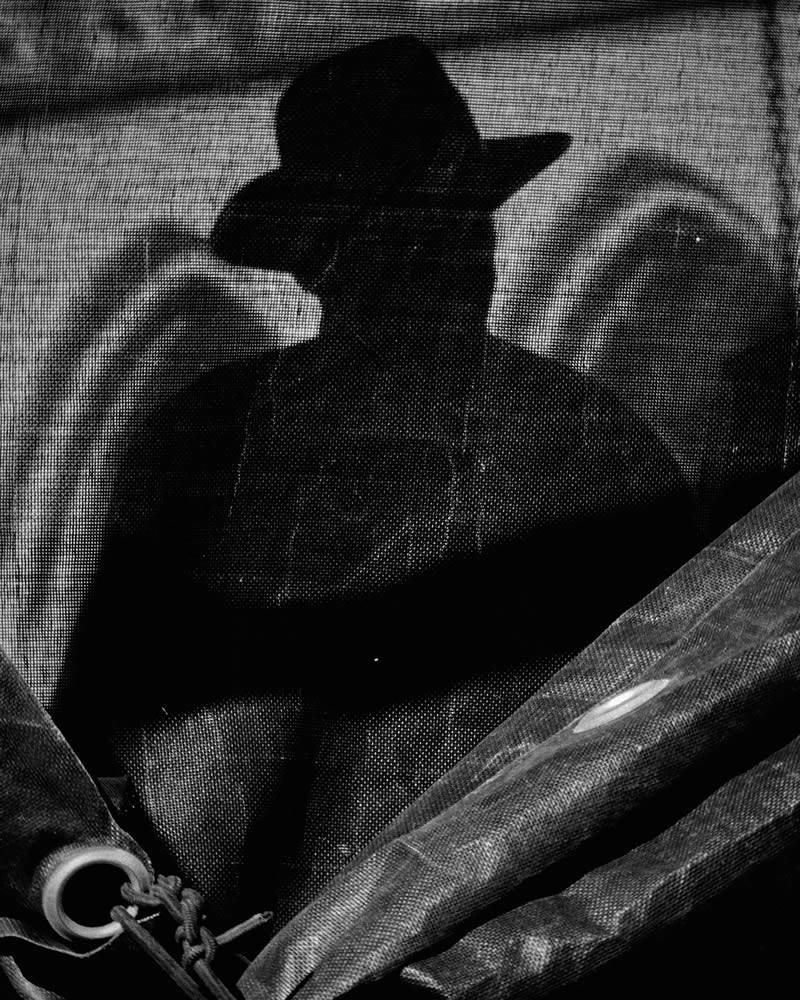
The Power of Perspective and Shadow
Bychko’s work in Incognito embodies the essence of street photography, a genre that thrives on spontaneity and raw, unfiltered moments. However, what sets Incognito apart is the way Bychko deliberately plays with perspective and shadow to conceal the identities of his subjects. Instead of traditional portraiture where the subject’s face is the primary focus, Incognito shifts attention to the unspoken, the unseeable.
The subjects in these images become mysterious figures, rendered anonymous by the natural elements of their surroundings—shadows cast by buildings, faces obscured by hats, or backs turned to the camera. Yet, despite this obscurity, the emotional undercurrents of the photographs are strong, with each shot conveying a mood, a story, or an emotion that transcends the lack of facial expression. The anonymity adds depth, leaving the viewer to imagine the untold stories behind the unseen faces.
#4
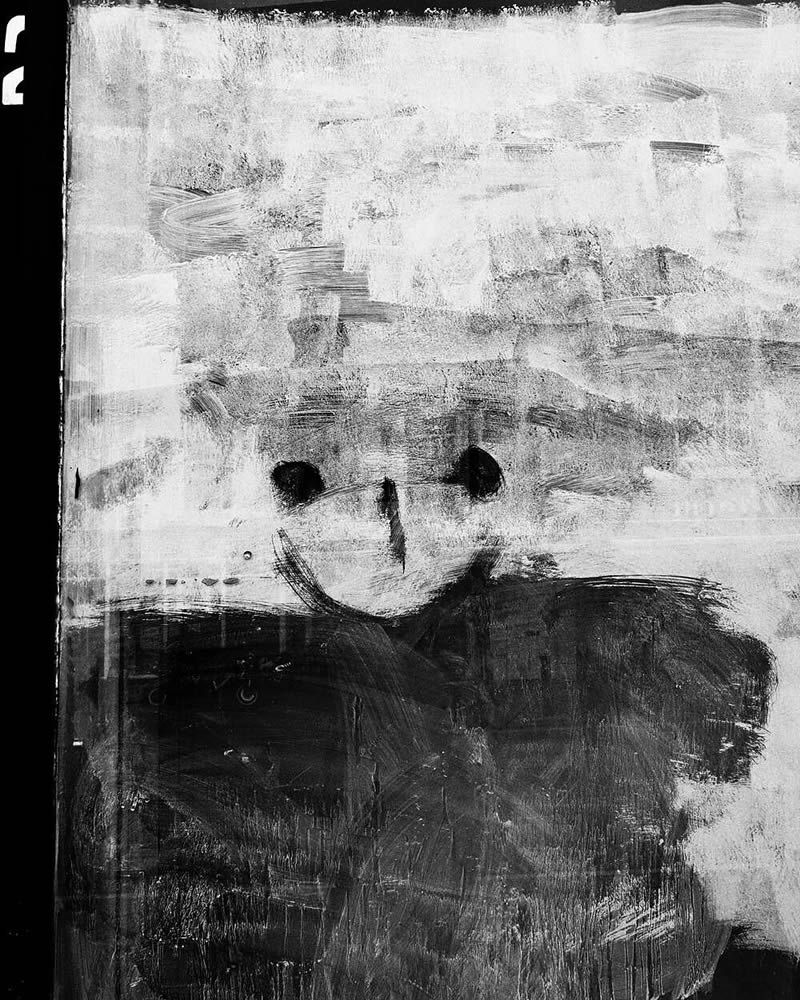
#5
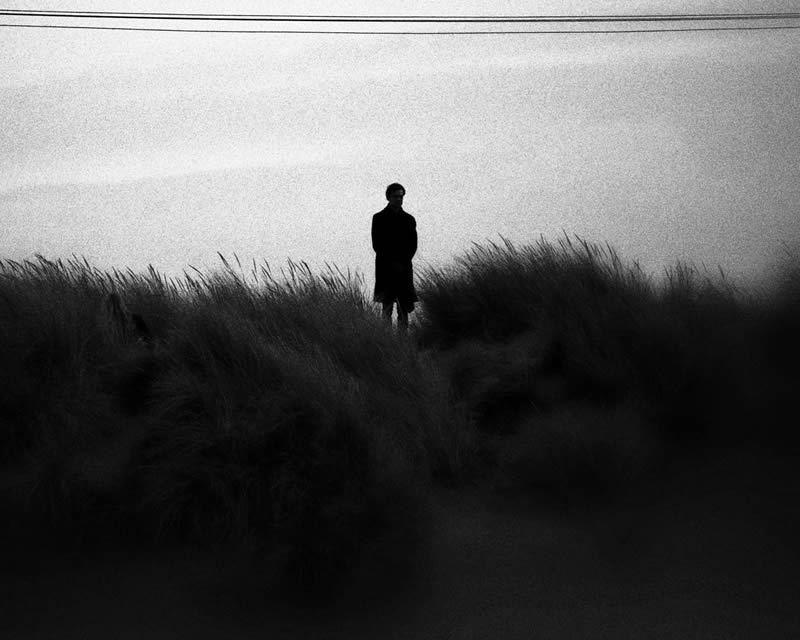
#6
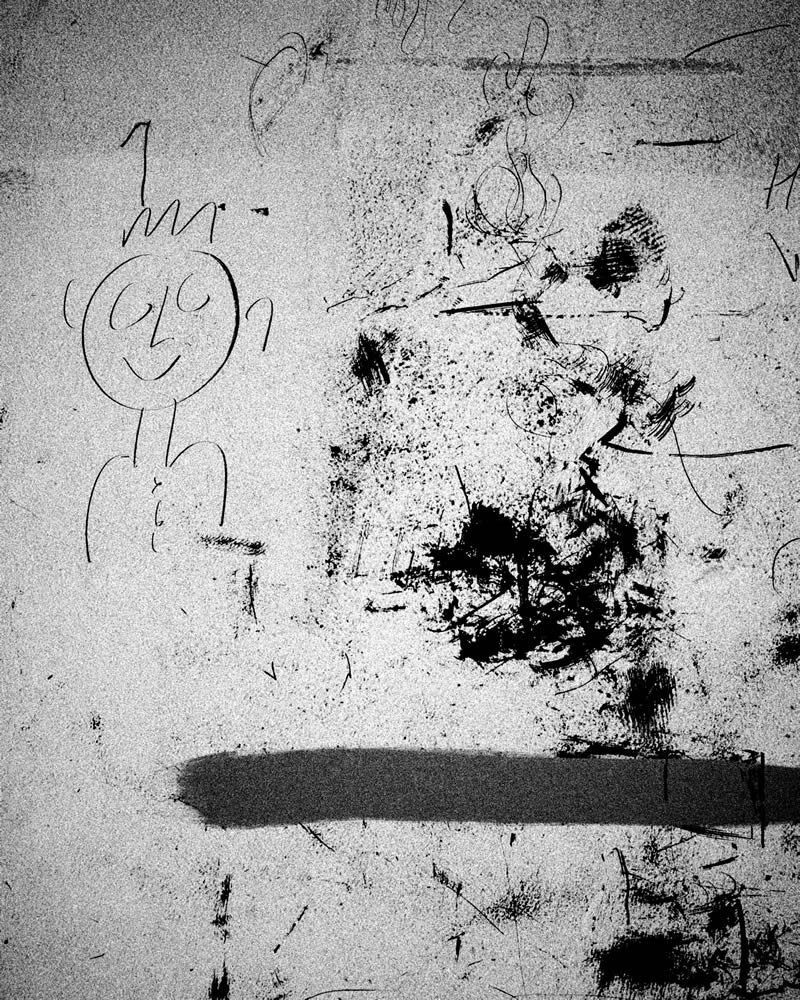
Emotional Depth and Ambiguity
One of the remarkable aspects of Incognito is its ability to convey emotional complexity without revealing the characters’ identities. Bychko masterfully captures fleeting moments that are both intimate and distant, where the viewer is pulled into the scene but kept at arm’s length from the subject. The emotional tone of each photograph is unmistakable, whether it’s a solitary figure lost in thought, or a group caught mid-motion, their expressions hidden but their presence undeniable.
This ambiguity invites the viewer to participate actively in the narrative, filling in the blanks with their own interpretations. Each unseen face becomes a blank canvas, and every untold story is open to speculation. It is this tension between the known and the unknown that gives Incognito its haunting allure, turning ordinary street scenes into profound visual meditations on anonymity and human connection.
#7
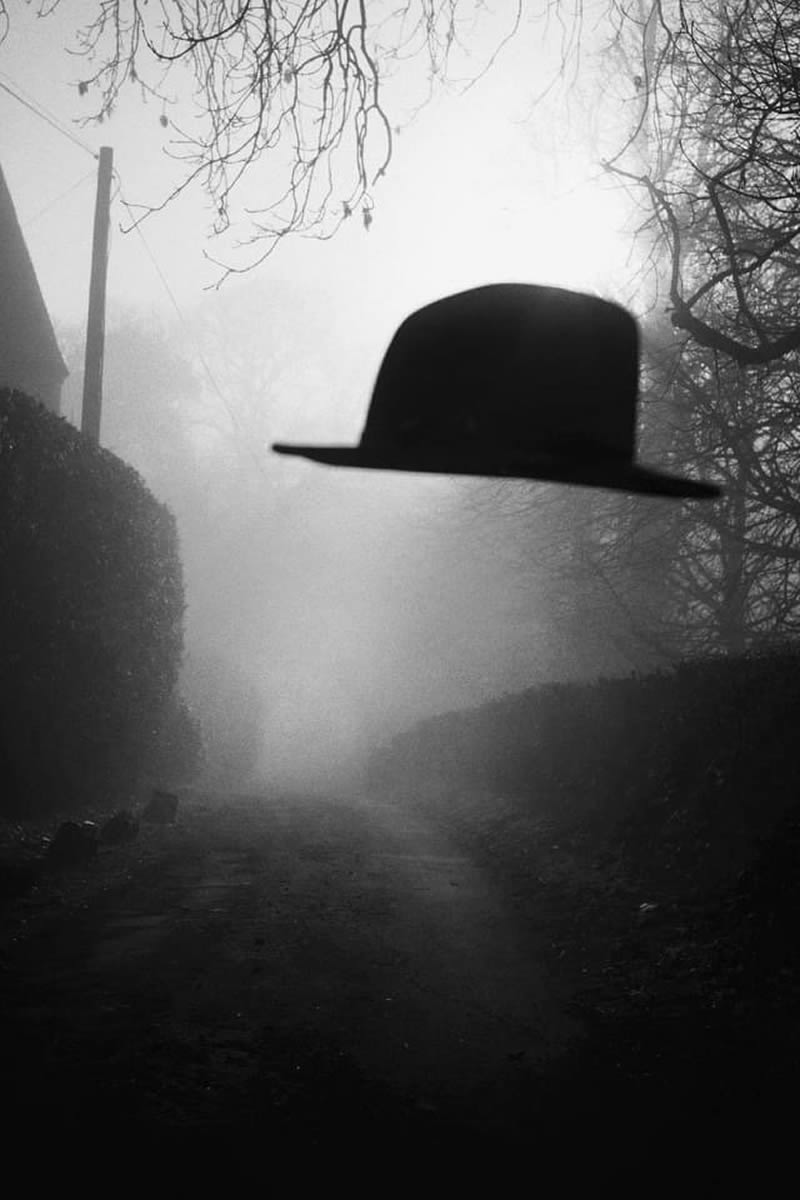
#8
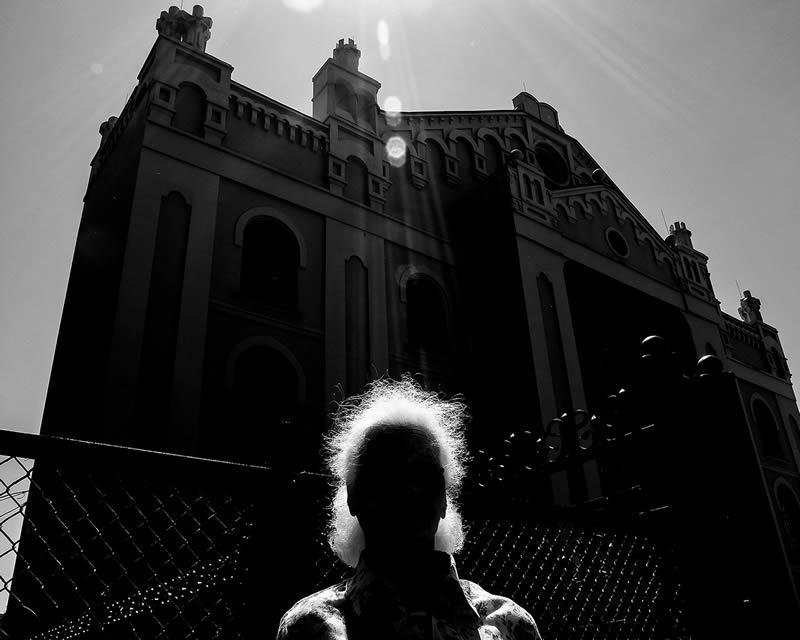
#9
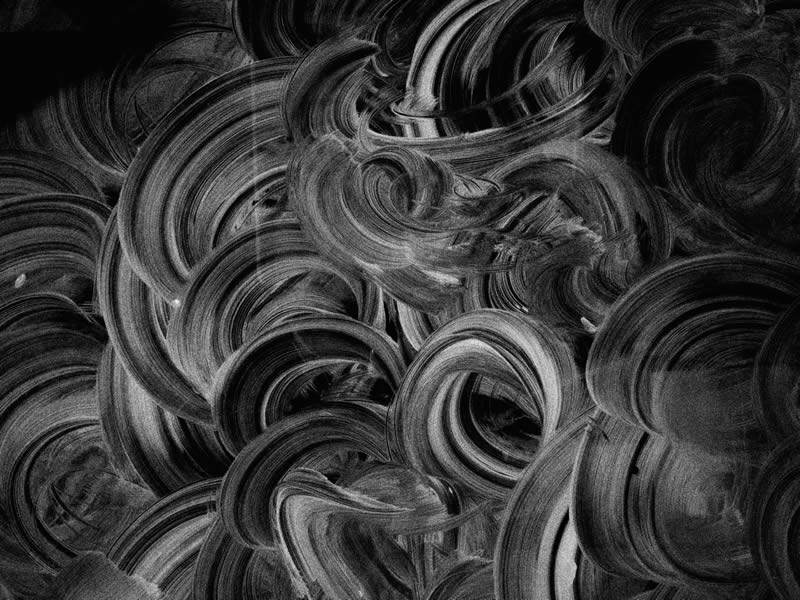
The Elusive Character of Incognito
At the heart of Incognito is a paradox: the main characters in these images are both ever-present and entirely absent. The figures captured are real, grounded in everyday life, yet their identities remain hidden. This elusiveness is what makes Incognito so captivating. The figures seem to haunt both the artist and the viewer, appearing again and again, familiar yet unknowable. Each photograph offers a new chance to encounter this "incognito" figure, but the mystery remains unsolved.
Bychko’s images transport the viewer into a whimsical world where time seems to stand still, and the boundary between reality and imagination blurs. The streets—whether in Ukraine or abroad—become stages for these ghostlike figures, wandering through life yet forever out of reach. The artist’s own inability to identify these characters mirrors the viewer’s experience: we see them, but we don’t truly know them.
#10
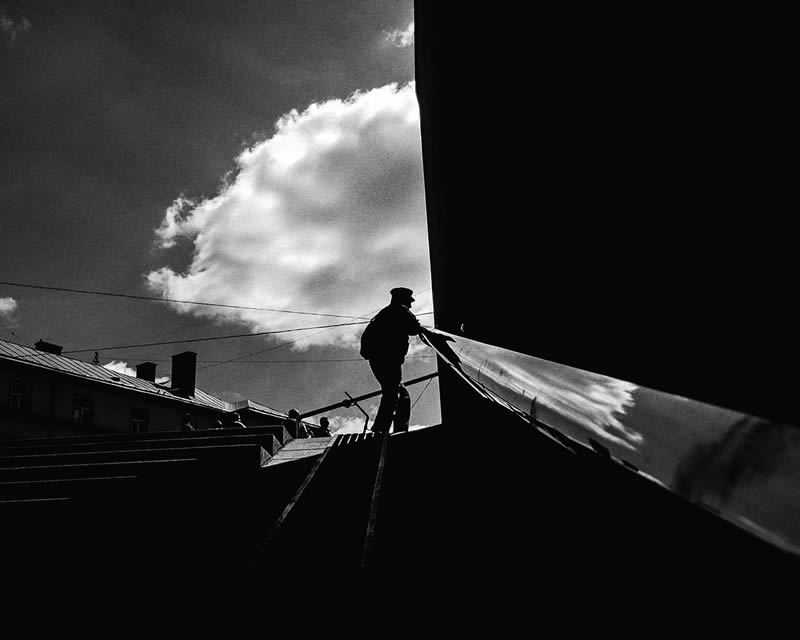
#11
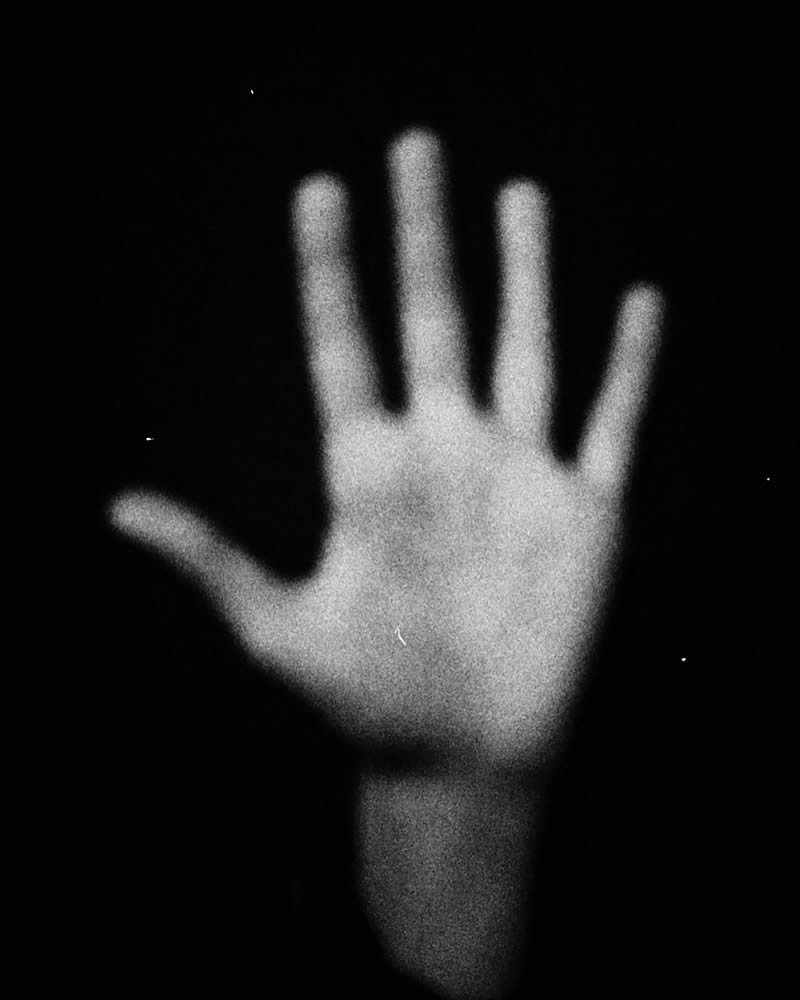
#12
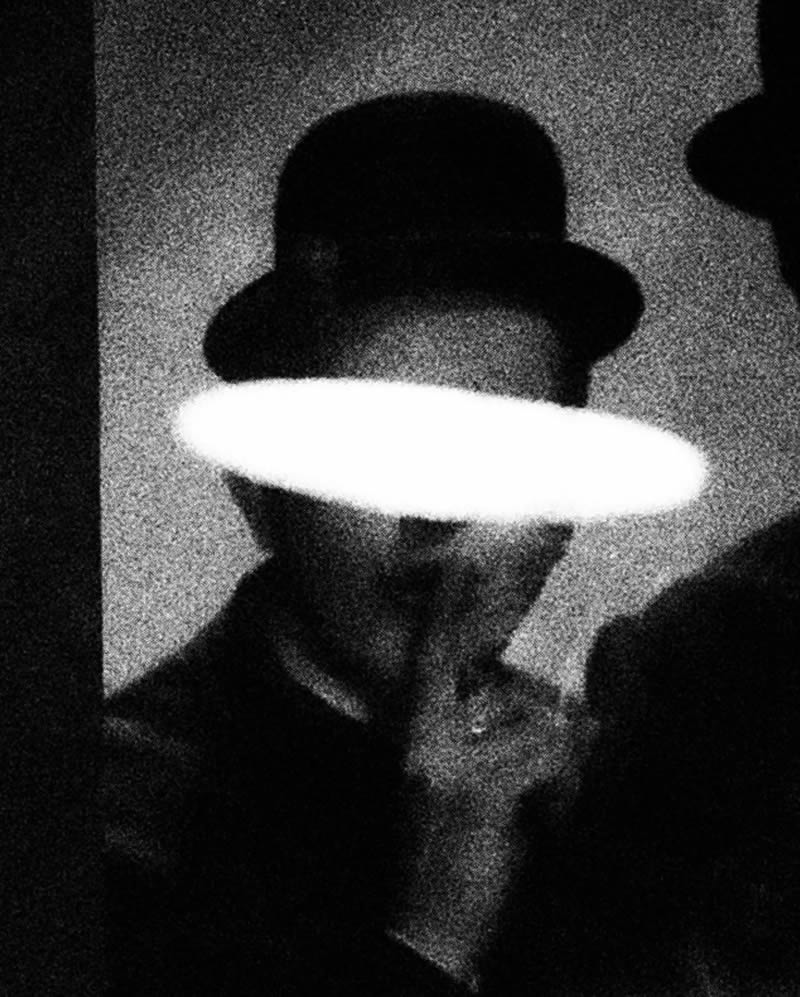
Black and White: A Perfect Medium for Mystery
The decision to shoot in black and white is crucial to the mood of Incognito. The absence of color heightens the sense of timelessness and universality in Bychko’s work. The stark contrasts of light and shadow intensify the mystery, while the monochrome palette emphasizes texture, form, and atmosphere over individual identity.
In black and white, every shadow is deepened, every silhouette sharpened. The lack of color allows for a greater focus on the structural and emotional elements of each photograph. By stripping away the distractions of color, Bychko ensures that the viewer’s attention is drawn to the play of light, the ambiguity of forms, and the emotional resonance of the unseen faces.
#13
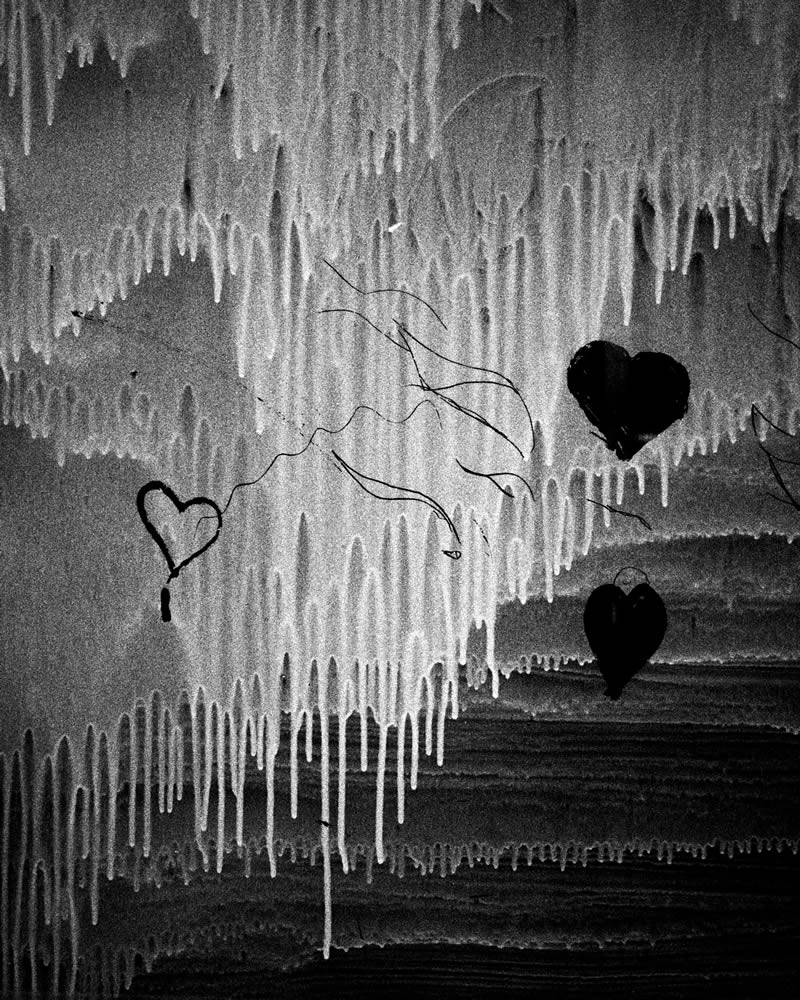
#14
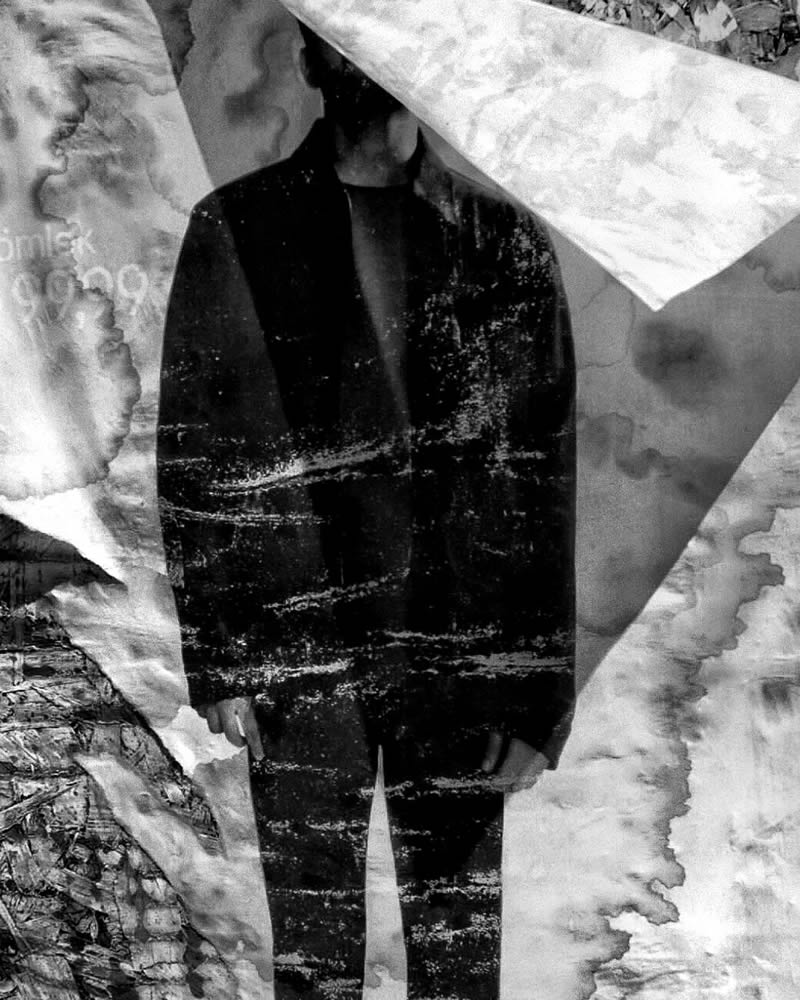
#15
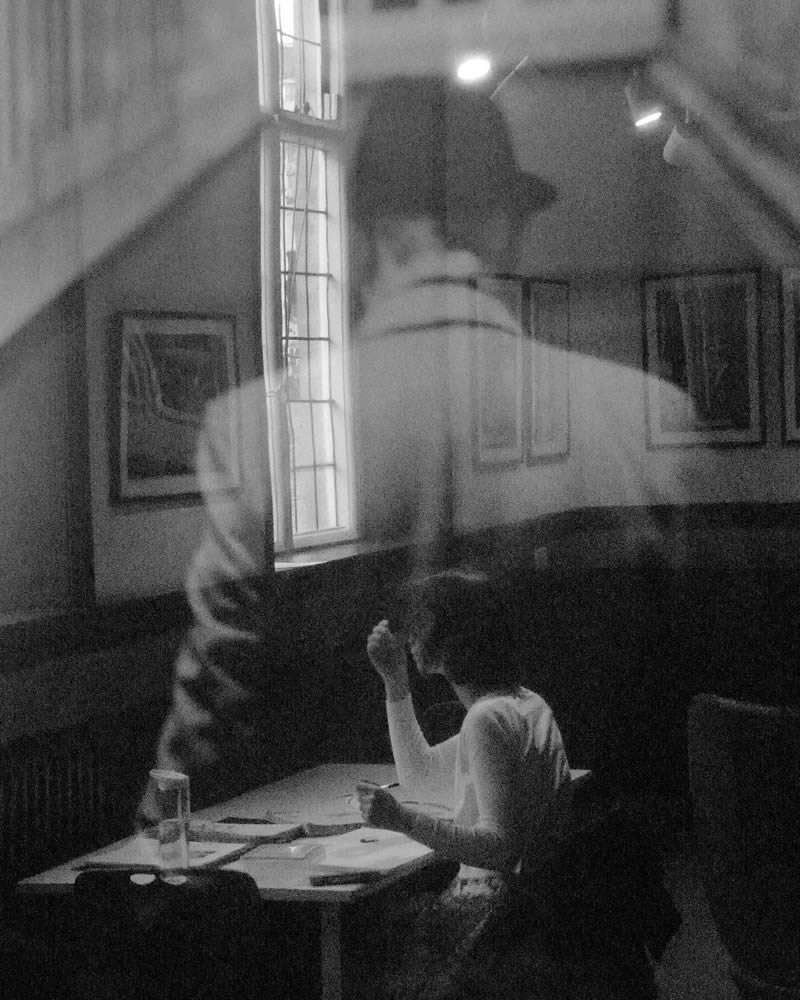
A Work in Progress: 2014-2024
As Incognito is still in progress, spanning over a decade from 2014 to 2024, it continues to evolve. Bychko’s ongoing exploration of anonymity through street photography allows him to reflect the changing urban landscapes, as well as the shifting emotions and moods of his subjects. Each photograph added to the series becomes a piece of a larger puzzle, contributing to the overarching theme of mystery and human complexity.
By extending the project over a long period, Bychko captures the essence of time passing, with each new image providing a fresh perspective on the same overarching theme. The result is a body of work that is dynamic yet cohesive, unified by its exploration of the unseen.
#16
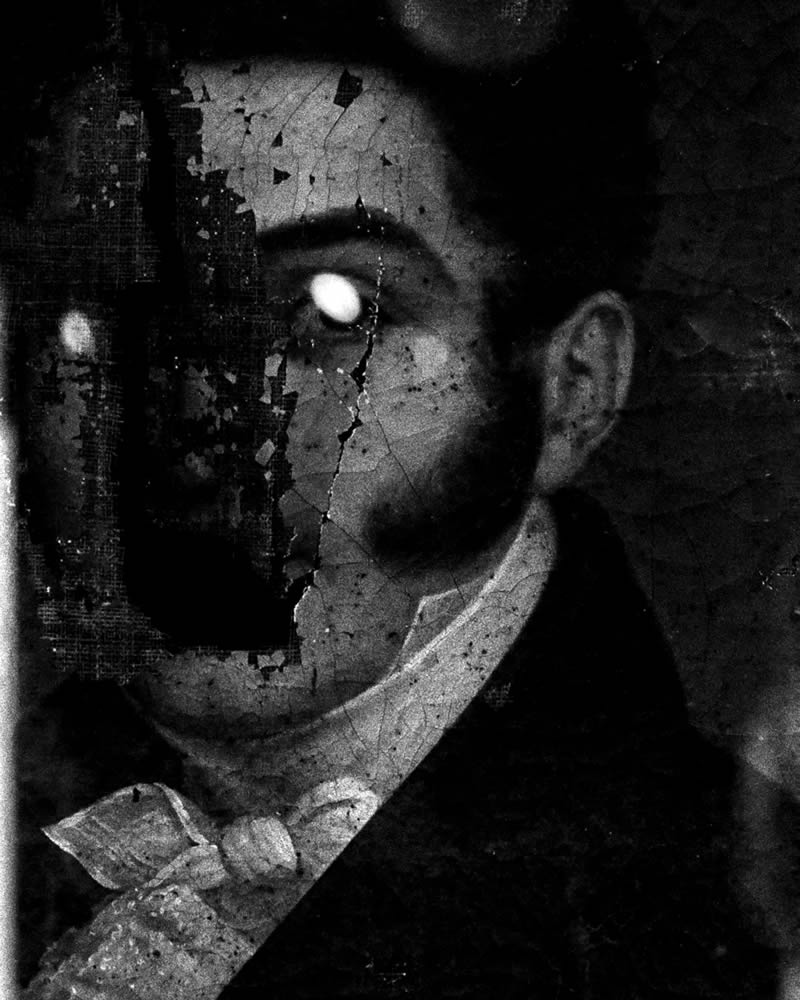
#17
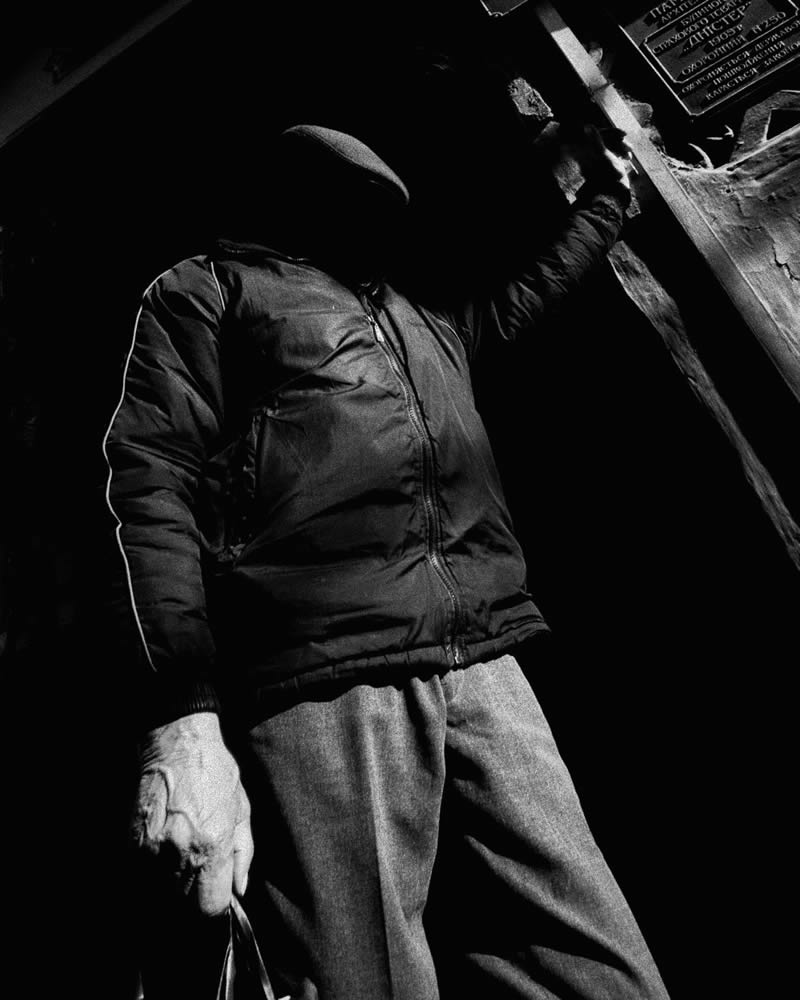
#18
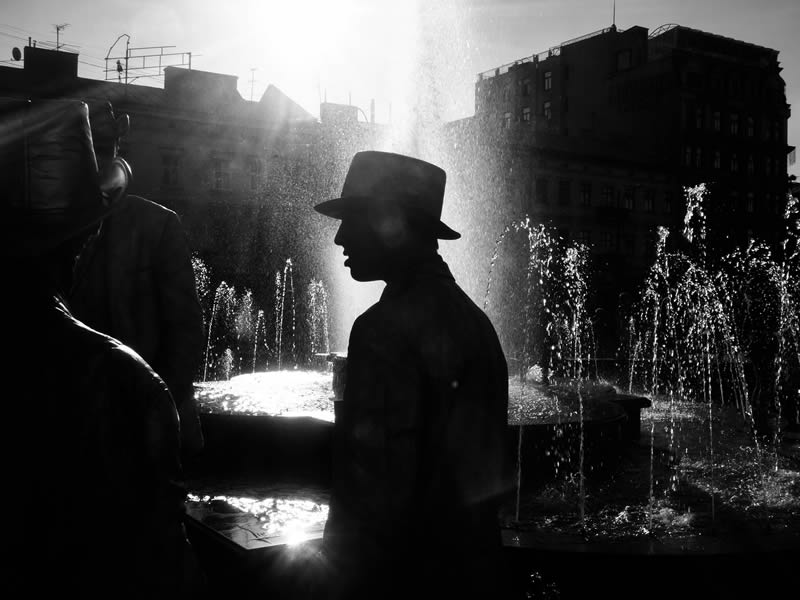
Conclusion
Taras Bychko’s Incognito is a thought-provoking exploration of the unseen and the unknown in street photography. By obscuring the faces of his subjects, Bychko invites viewers into a world of mystery, where identity is elusive, yet emotion is palpable. Each photograph offers a window into the human experience, where the absence of facial expression leaves space for the viewer’s imagination to roam.
With Incognito, Bychko has crafted a series that transcends traditional portraiture, offering instead a visual narrative where unseen faces and untold stories provoke endless curiosity. As the project continues to evolve, it promises to remain a compelling and enigmatic reflection on the nature of human presence and absence, captured through the lens of street photography.
#19
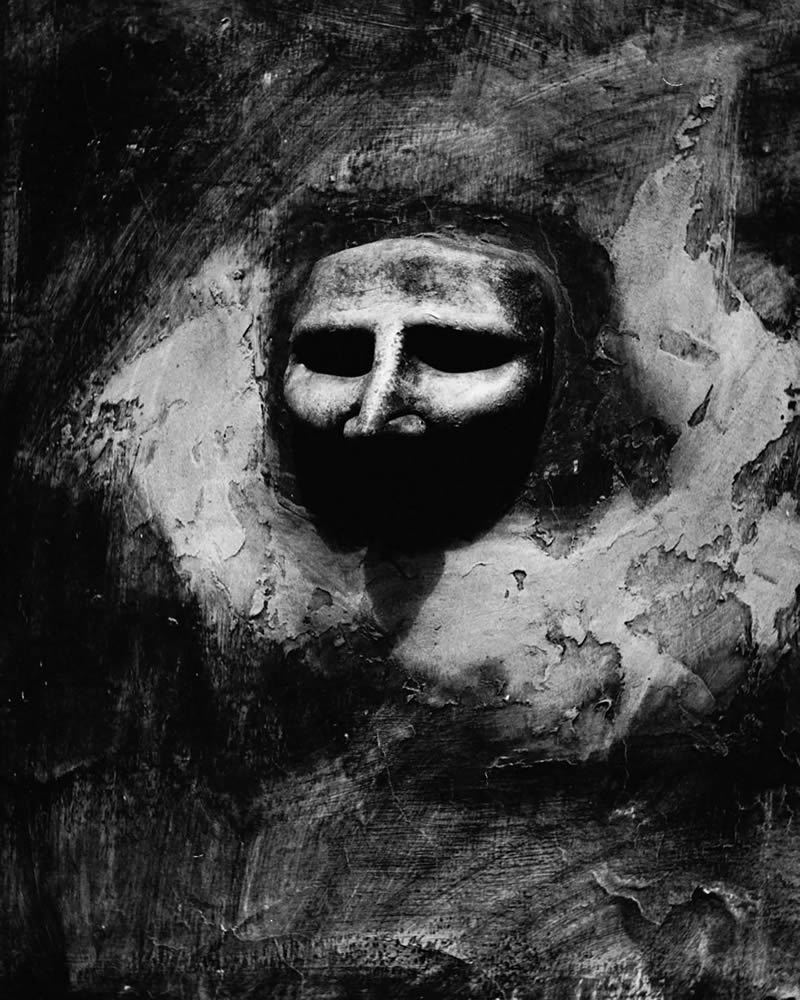
#20
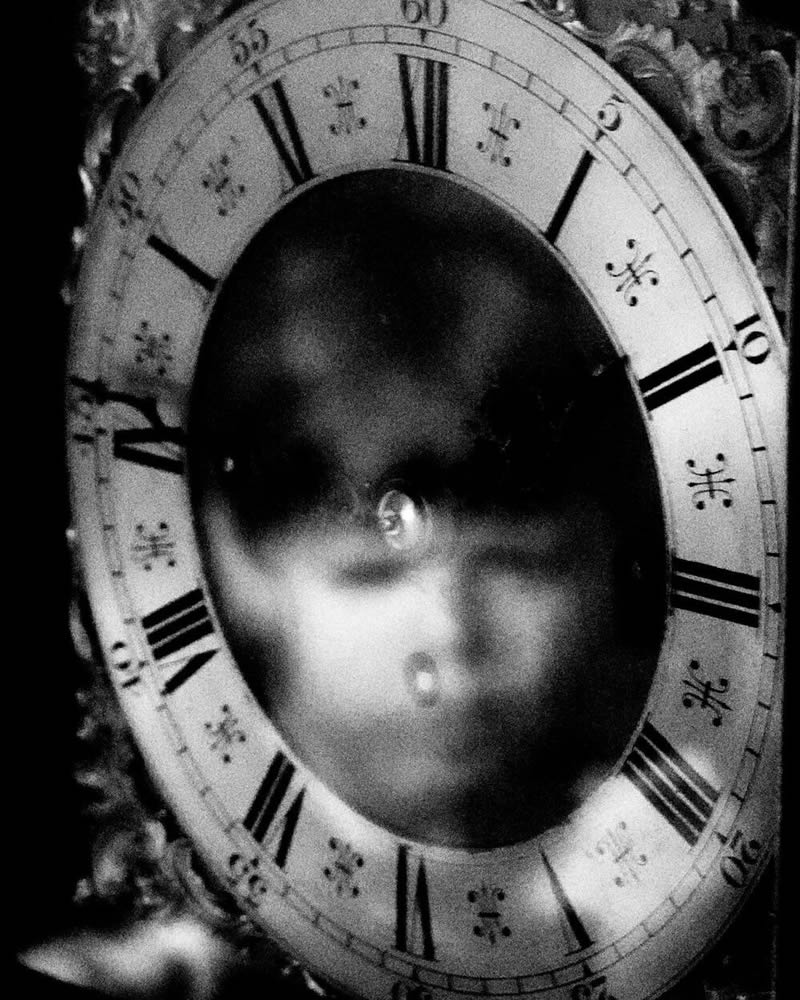
#21
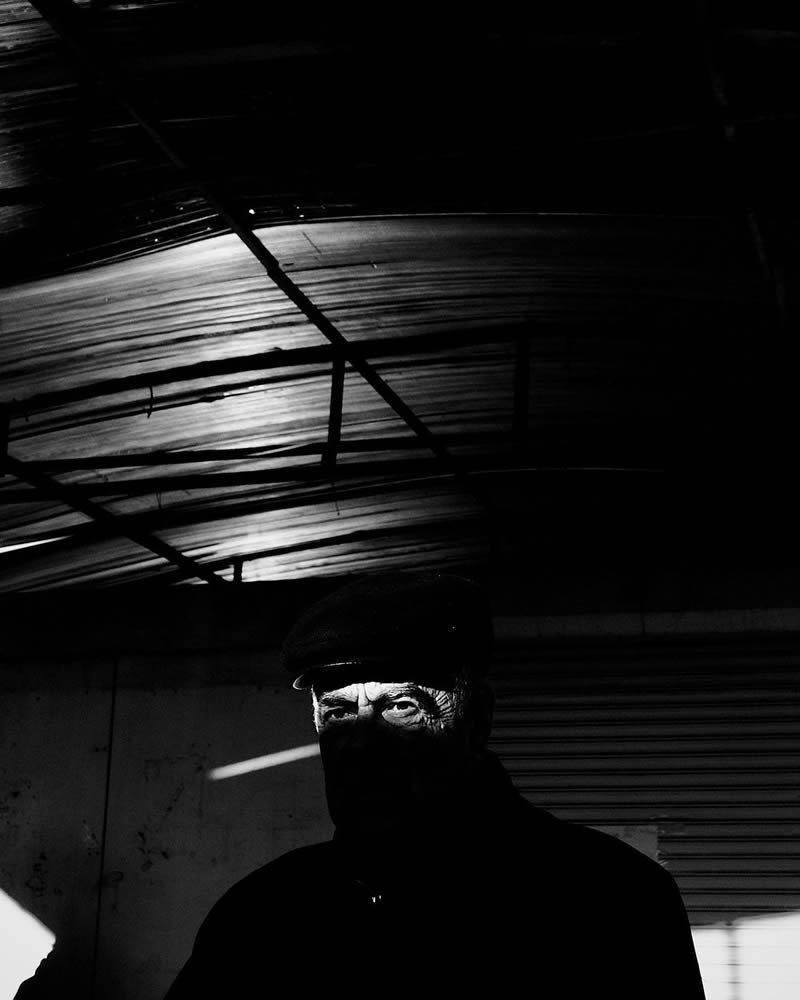
#22
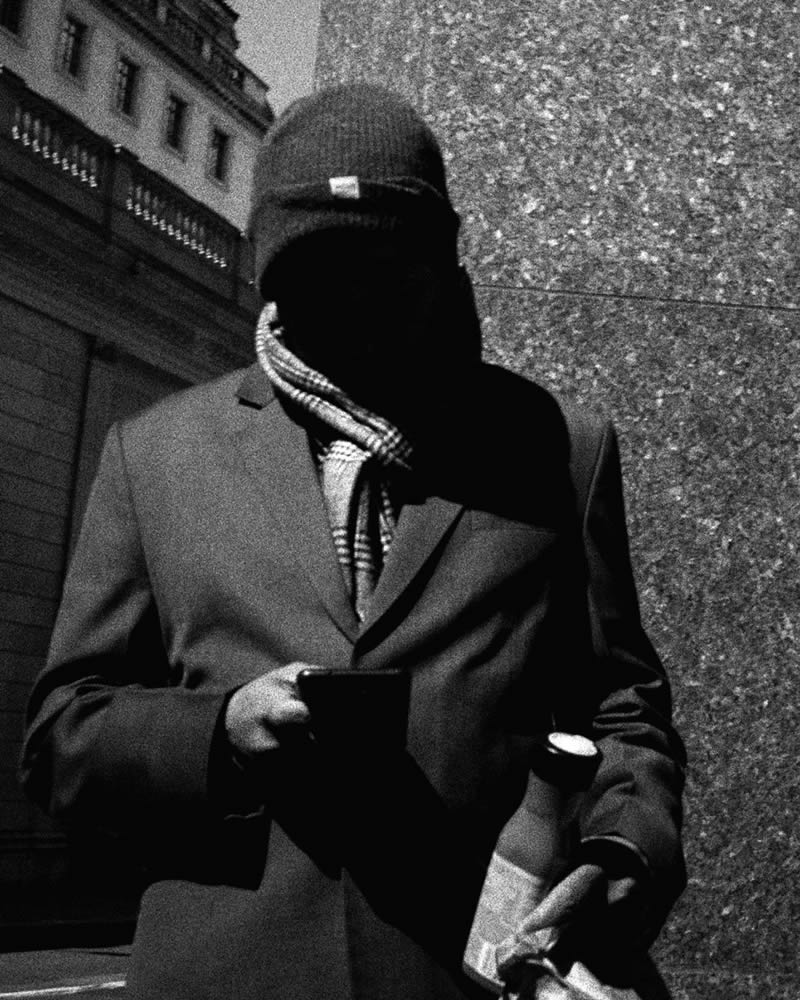
#23
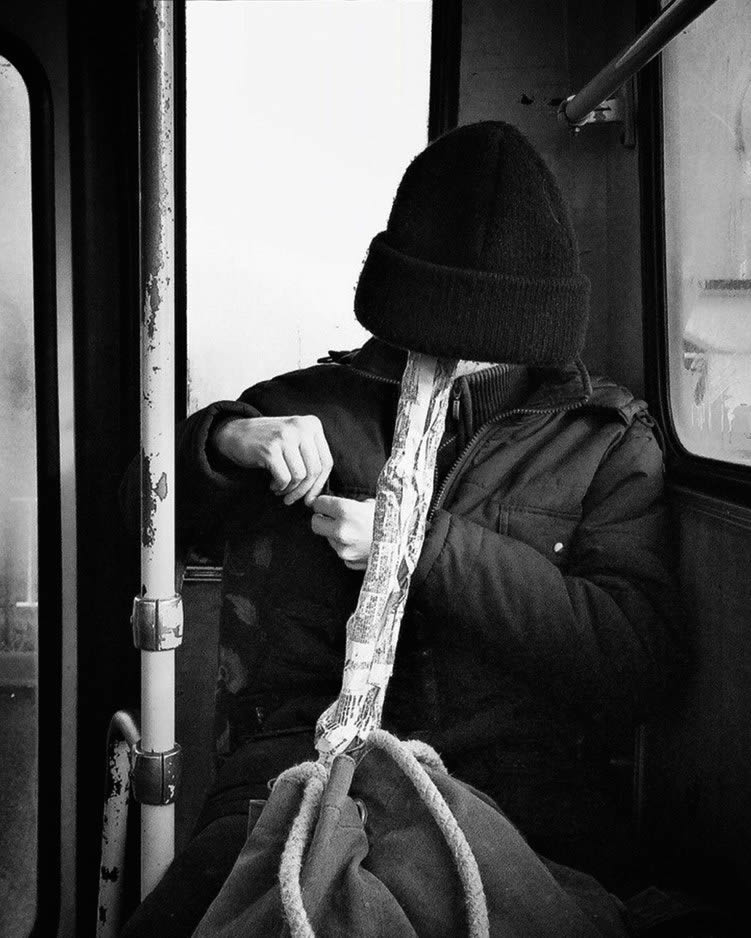
#24
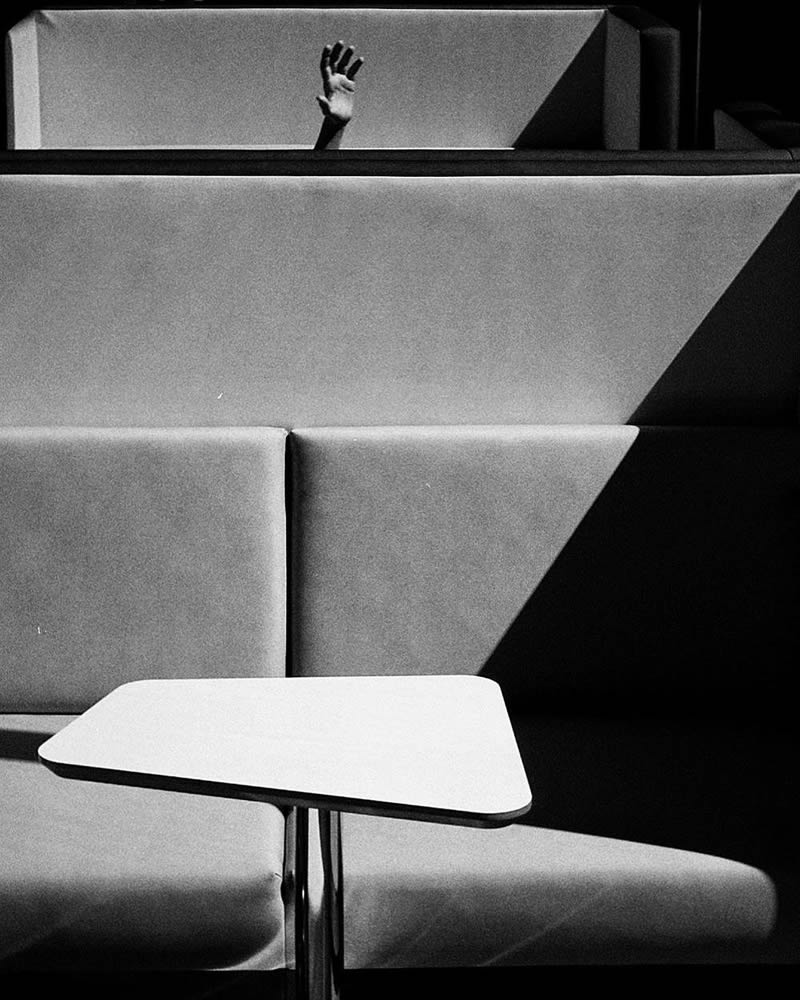
#25
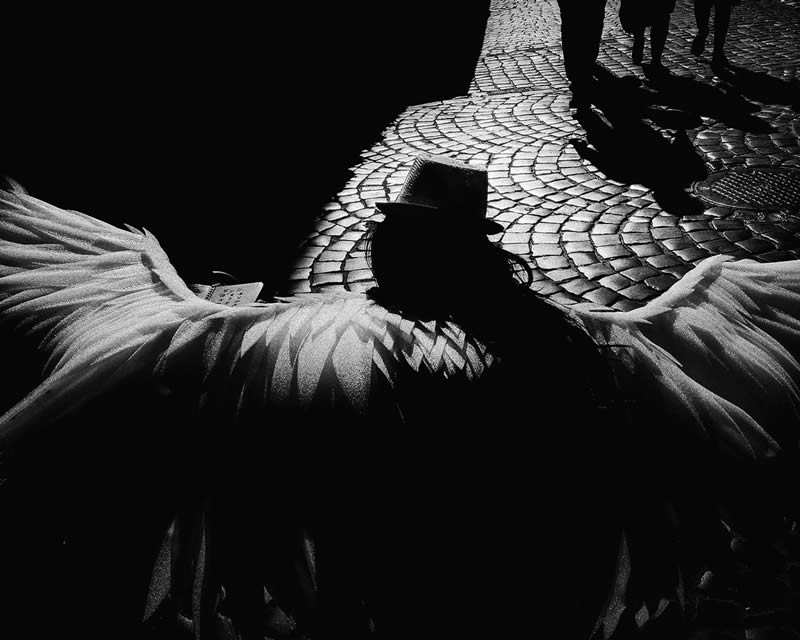
#26
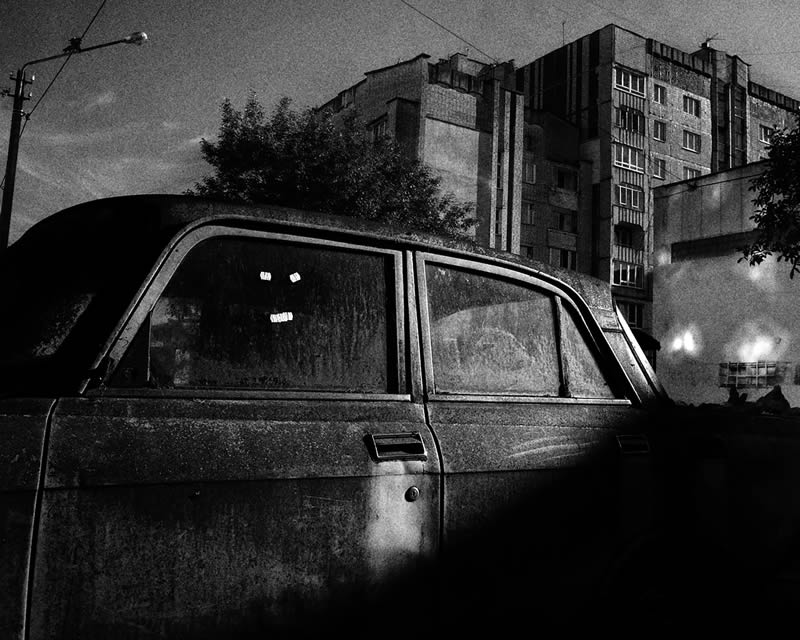
#27
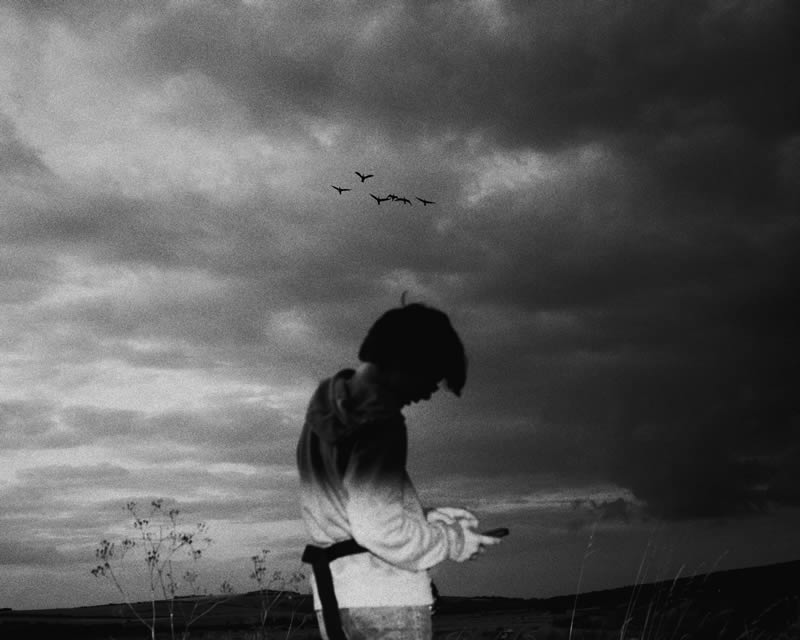
#28
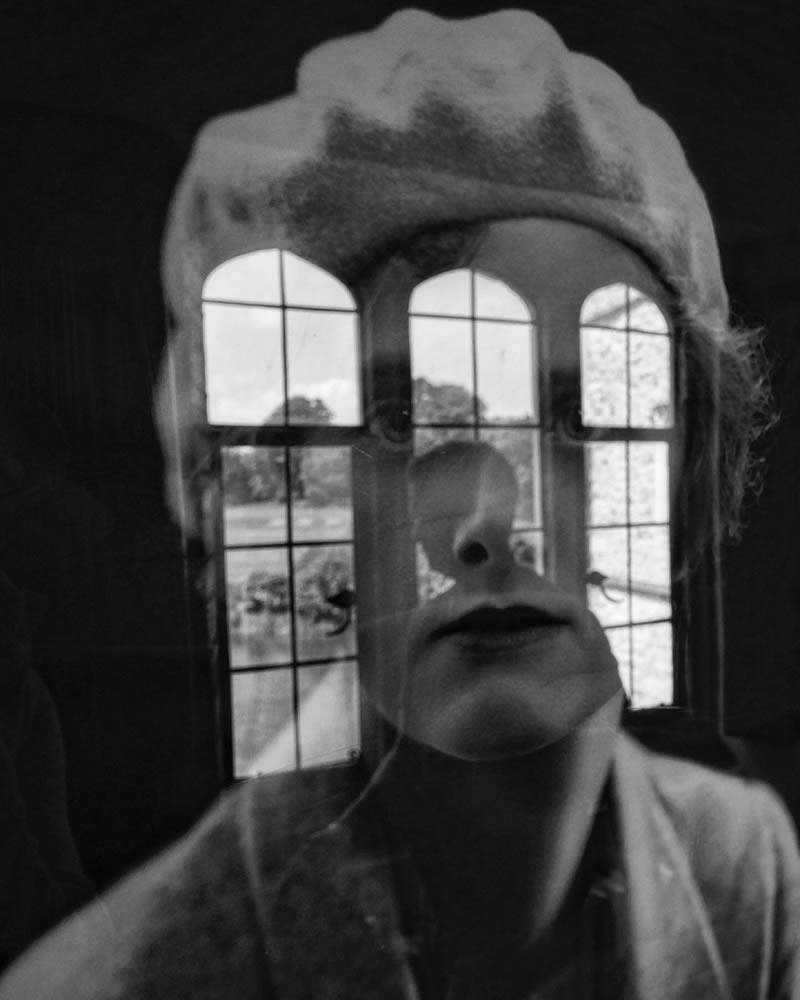
#29
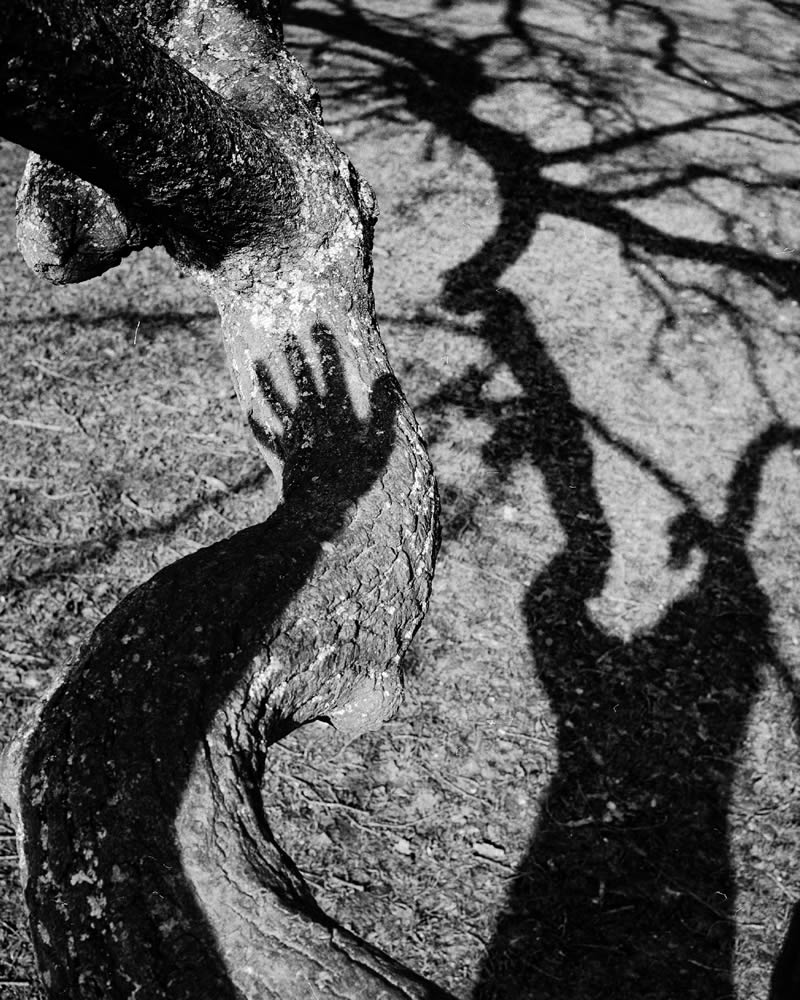
#30
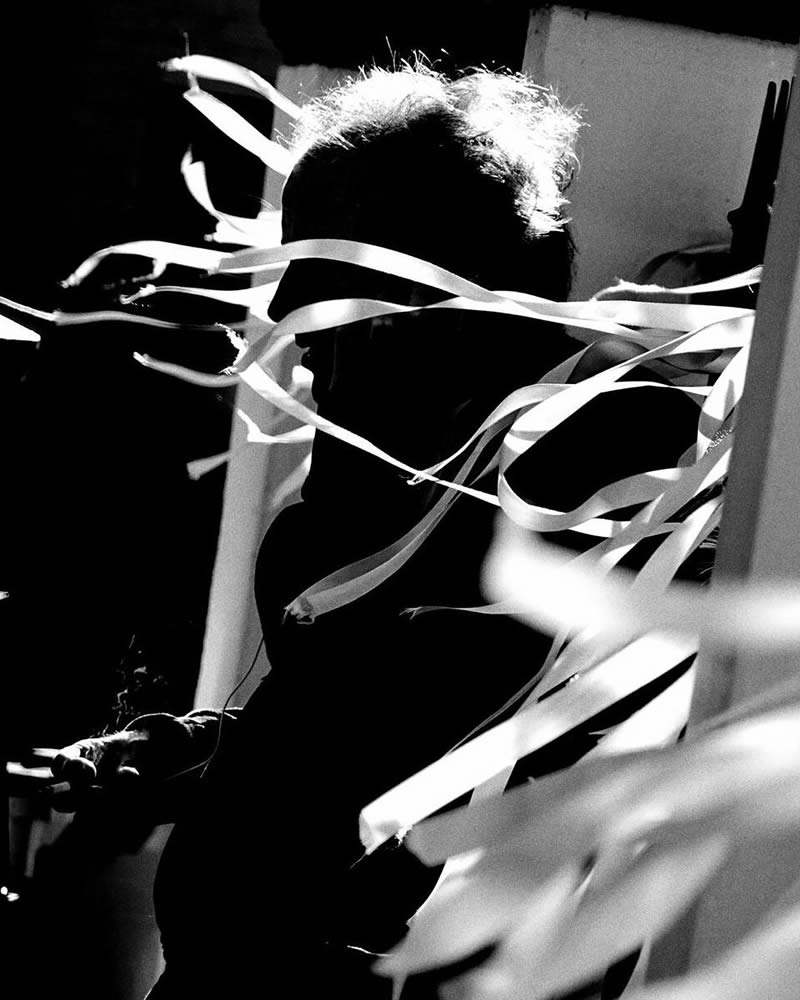
#31
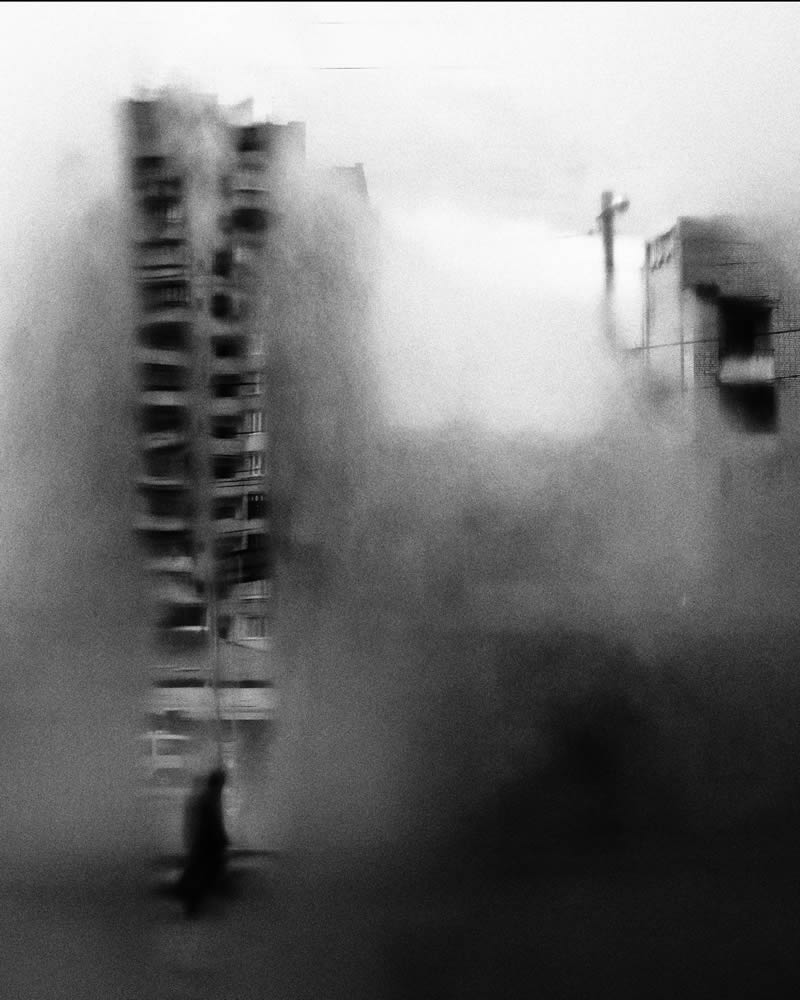
#32
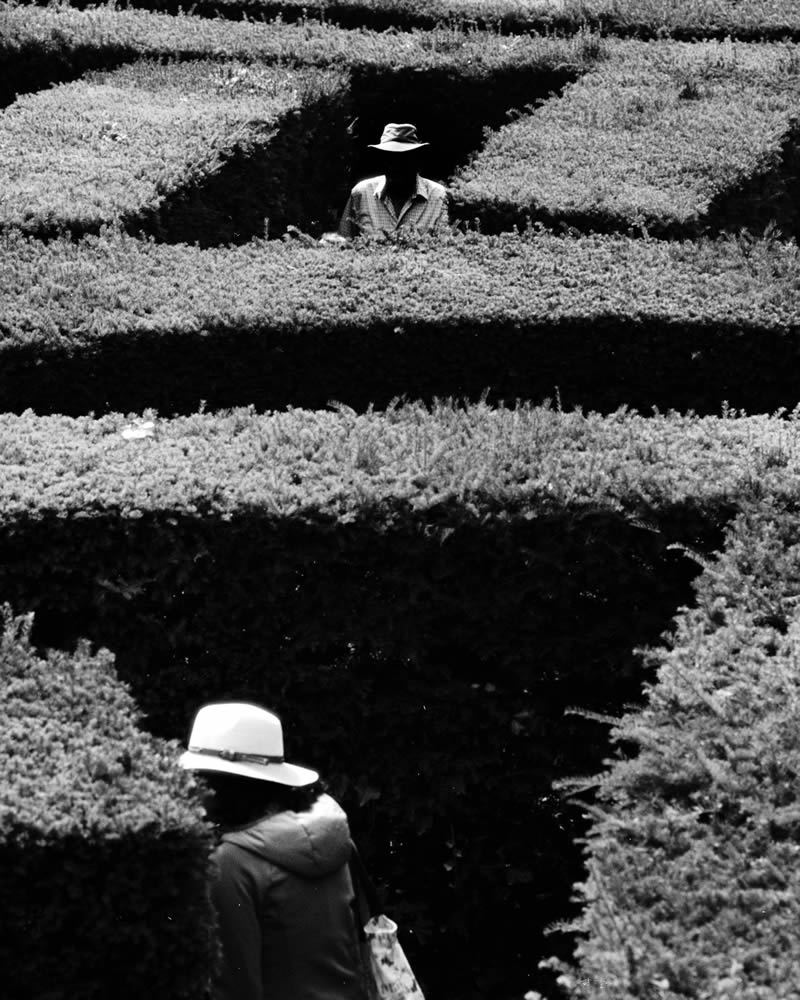
About Taras Bychko
Born in Lviv, Ukraine, in 1987.
Currently resides in Royal Tunbridge Wells, UK.
He works in the genres of documentary and art photography, serves as a curator, teacher, and judge for various international competitions. He is also a member of the international street photography collective Little Box Collective and a co-founder of the Ukrainian Street Photography group.
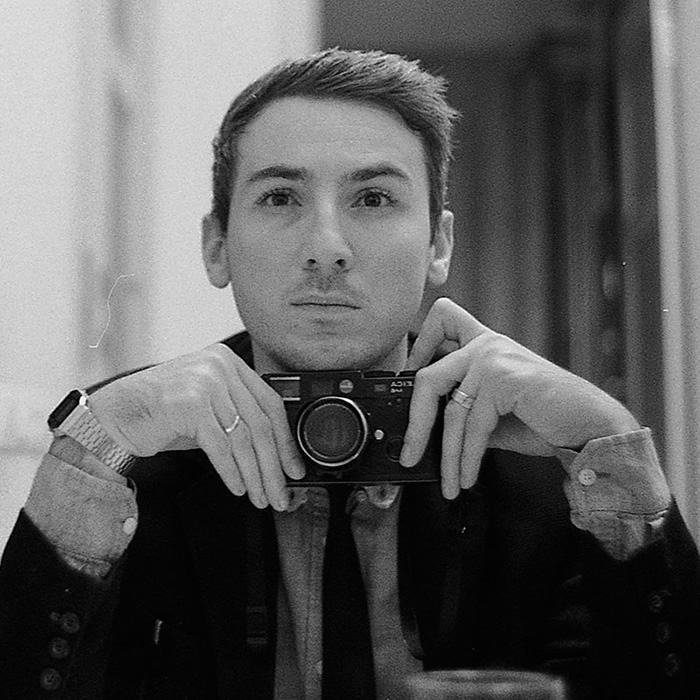
You can find Taras Bychko on the Web :
Copyrights:
All the pictures in this post are copyrighted Taras Bychko. Their reproduction, even in part, is forbidden without the explicit approval of the rightful owners.

